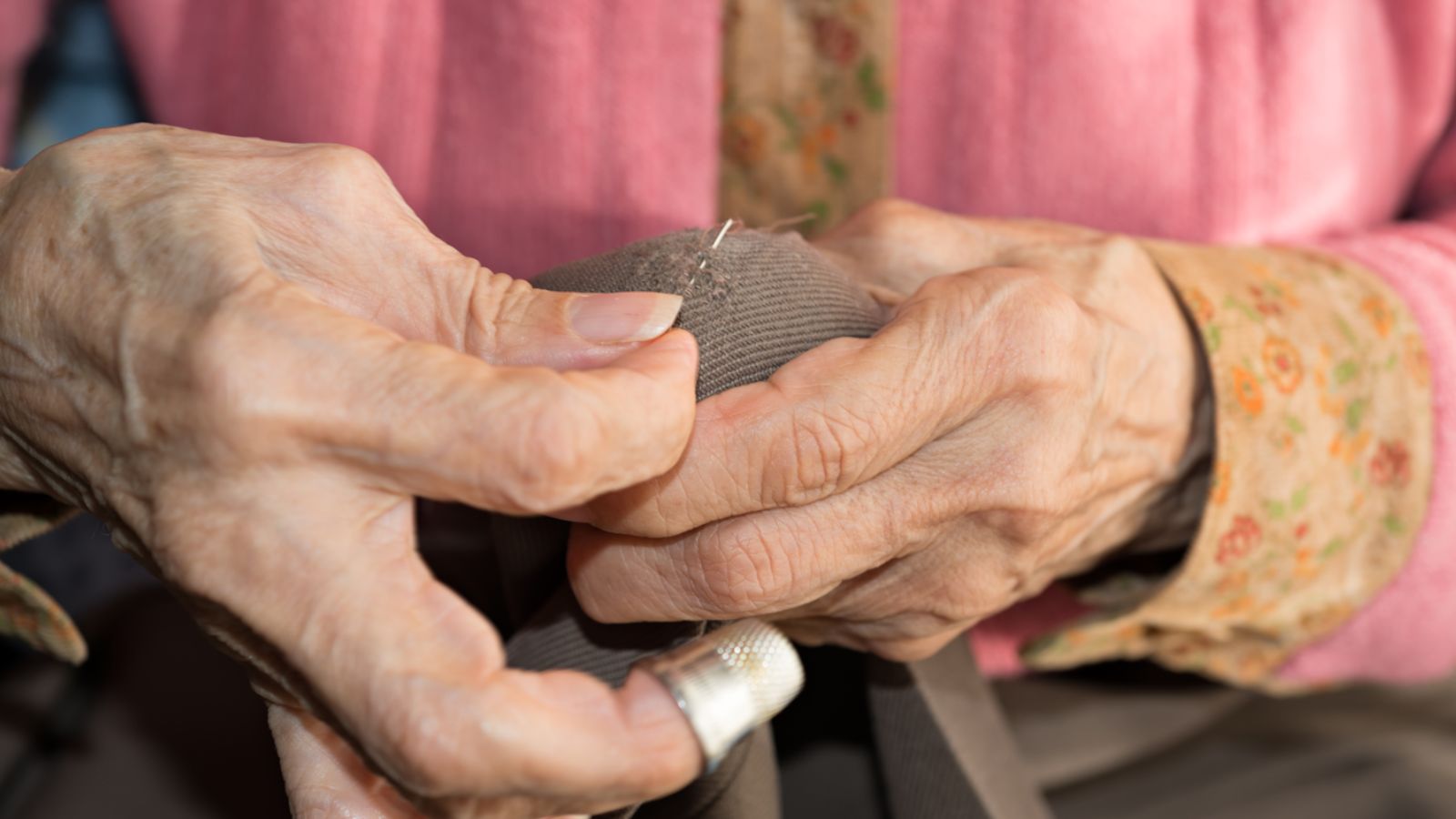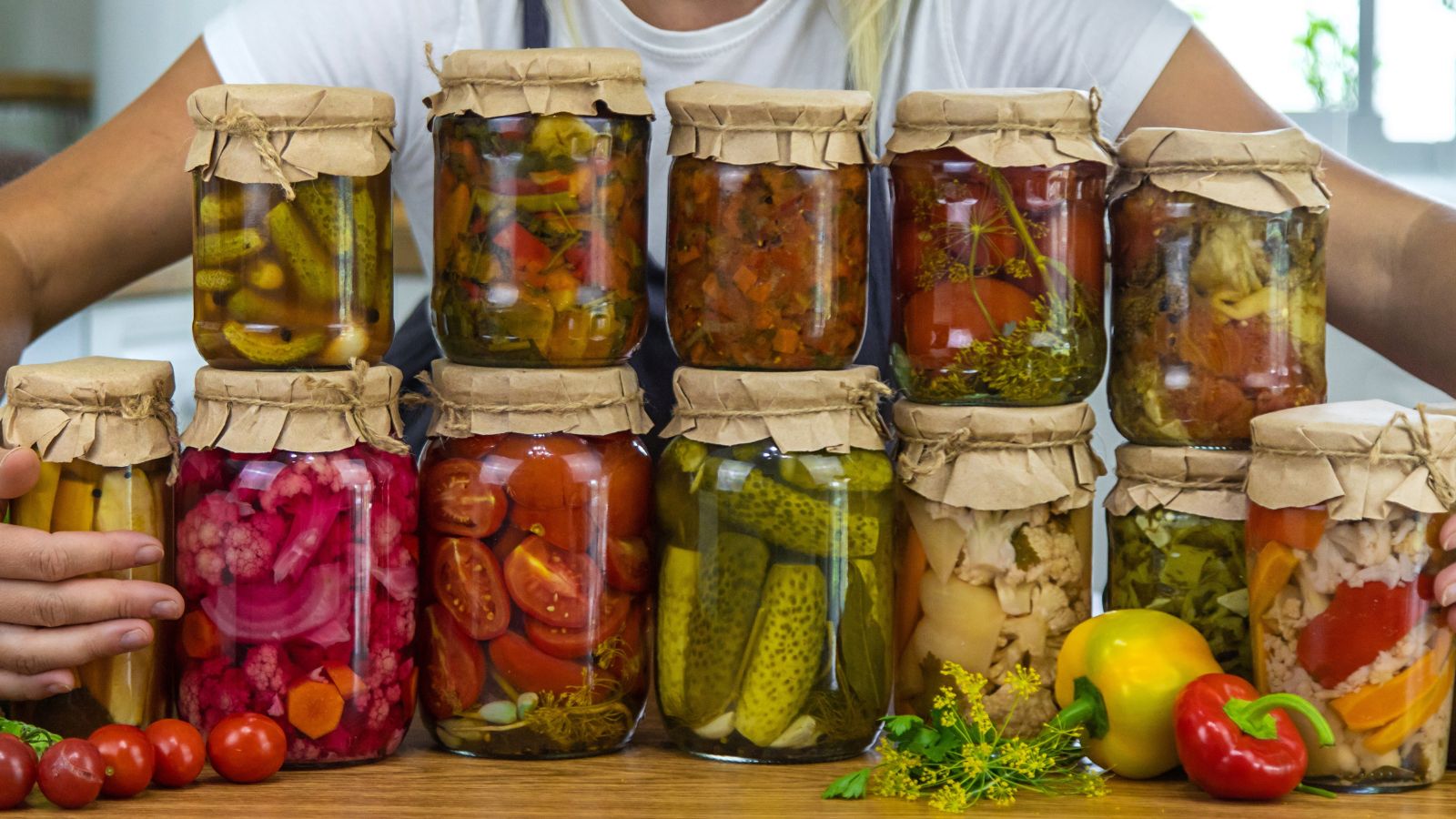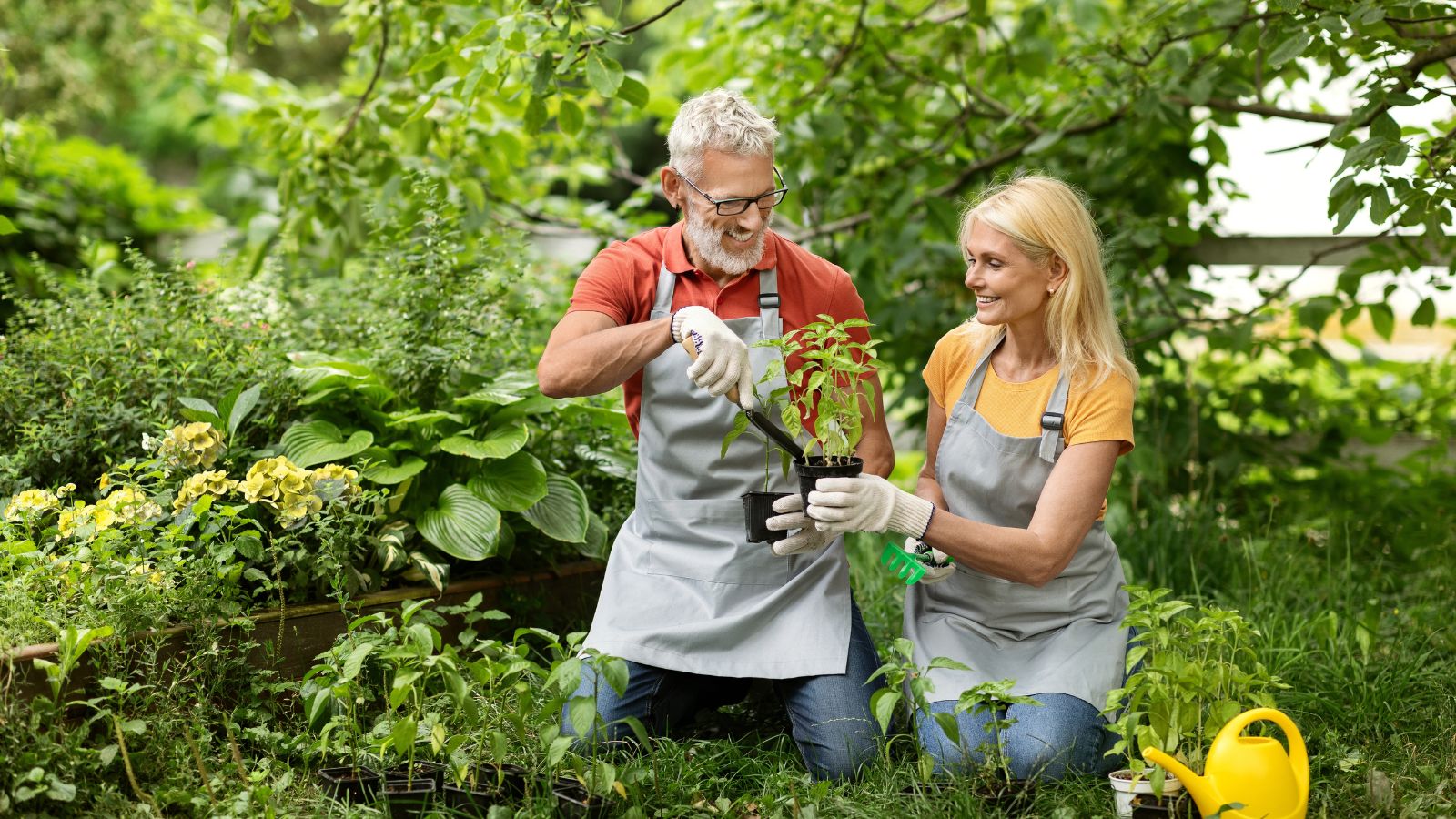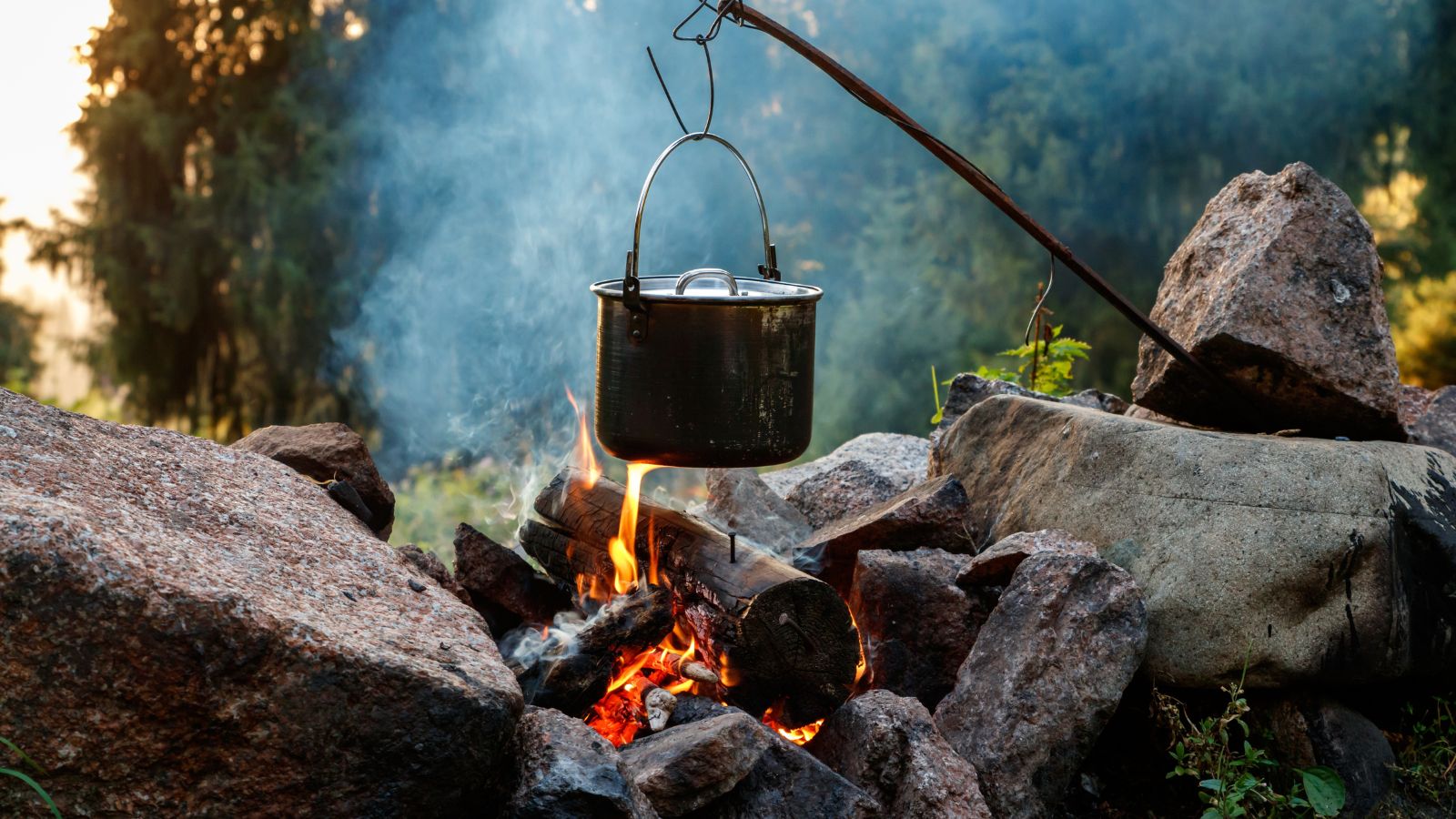Life has changed dramatically over the last few decades, and many everyday skills that once seemed essential have faded into obscurity. People from the older generation, particularly baby boomers, grew up mastering practical skills that younger generations might struggle to replicate. These life skills weren’t just about convenience, they were vital for getting through daily life.
Here are some of these forgotten life skills that older folks used to master but are much less common today.
Cooking from Scratch

Back when prepackaged meals weren’t the norm, whipping up a meal meant starting with raw ingredients. Boomers knew how to prepare everything entirely by hand, using fresh produce and pantry staples. They could adjust on the fly, making meals without ever consulting a cookbook.
Today, this level of cooking has largely been replaced by pre-made options and takeout.
Sewing and Mending Clothes

Older generations didn’t think twice about fixing a rip or hemming pants themselves. They kept sewing kits at the ready and knew how to patch up garments so they looked nearly new. It wasn’t just about saving money; it was a mindset of valuing what you owned and making it last.
Nowadays, torn clothes often end up in the trash or get replaced entirely, because fewer people know how to handle a needle and thread.
Handwriting Letters

Handwritten letters were a thoughtful way to stay in touch. Whether it was a quick note or a long, heartfelt message, this was a common practice for many older folks. Writing letters requires a personal touch that emails and text messages simply can’t replicate. The effort involved in writing, addressing, and mailing letters made them more meaningful, but this art has all but disappeared.
Navigating Without GPS

Long before GPS and smartphones, getting to a destination meant unfolding a paper map or jotting down directions. People learned to visualize routes, memorize landmarks, and rely on their own sense of direction. It demanded a level of spatial awareness that’s rare today.
Preserving Food at Home

Nothing went to waste for the older generation. They knew how to make pickles, jams, and other pantry staples that lasted through the winter. Canning, fermenting, and preserving food were common skills. This was a practical way to stretch resources and provide for the family.
Basic Car Maintenance

Tasks like changing oil, fixing a flat tire, or replacing spark plugs, were everyday for baby boomers. They didn’t run to the mechanic for minor issues, but rolled up their sleeves and took care of it themselves. This know-how saved money and gave people independence.
These days, with cars becoming more computerized and complex, we are forced to rely on professionals for repairs.
Bartering and Trading

In a time before everything was purchased with a credit card, people relied more on bartering and trading to get what they needed. They exchanged goods or services, fostering a sense of community and resourcefulness. Whether it was trading vegetables for firewood or babysitting for a home-cooked meal, it encouraged a friendly cooperation that’s rare in today’s transaction-based society.
Fixing Things Around the House

When something broke, most older folks didn’t immediately call a professional. They got out their toolbox and figured out how to fix it. A leaky faucet, creaky door, or broken chair were soon sorted by these capable handymen and women. DIY skills saved money and gave people a sense of pride.
Growing a Garden

A garden was a place where the past generation cultivated fresh food to put on the table. Many people grew their own fruits, vegetables, and herbs, learning which plants thrived in their climate and how to care for them. Gardening required patience and knowledge about soil, seasons, and pests.
Some still enjoy gardening today, but it’s often more of a hobby than the necessity it once was, as grocery stores make food readily available year-round.
Budgeting Without Apps

Boomers managed their finances without the help of budgeting apps or automatic reminders. They tracked their spending manually, often balancing a checkbook by hand. This gave them a clear understanding of where their money went and taught them the importance of living within their means.
Writing in Cursive

There was a time when beautiful cursive handwriting was a point of pride. It was taught in schools, and many kids developed elegant penmanship that made their writing almost an art form. This skill has become increasingly rare as schools focus less on handwriting and more on typing.
For today’s young, reading or writing in cursive can feel like deciphering a foreign language.
Making Repairs on the Fly

Decades ago, being resourceful meant fixing things with whatever was on hand. That meant rigging up a temporary solution with duct tape or repurposing items for new uses. The older generations excelled at thinking outside the box.
This kind of ingenuity isn’t as widespread today, with most people simply replacing broken items rather than finding creative ways to repair them.
Cooking Over an Open Flame

Outdoor cooking wasn’t just for camping; it was a common skill. People knew how to build and maintain a fire, cook food evenly, and even bake bread over an open flame. This knowledge wasn’t limited to the kitchen but extended to outdoor settings where survival skills came into play.
Navigating Social Situations Without Technology

Before smartphones became an extension of our hands, people relied entirely on face-to-face communication. Social gatherings were a chance to connect, and folks were skilled at holding conversations, remembering details, and reading body language. This kind of social engagement required attentiveness and effort, which feels increasingly rare in today’s tech-distracted world.
